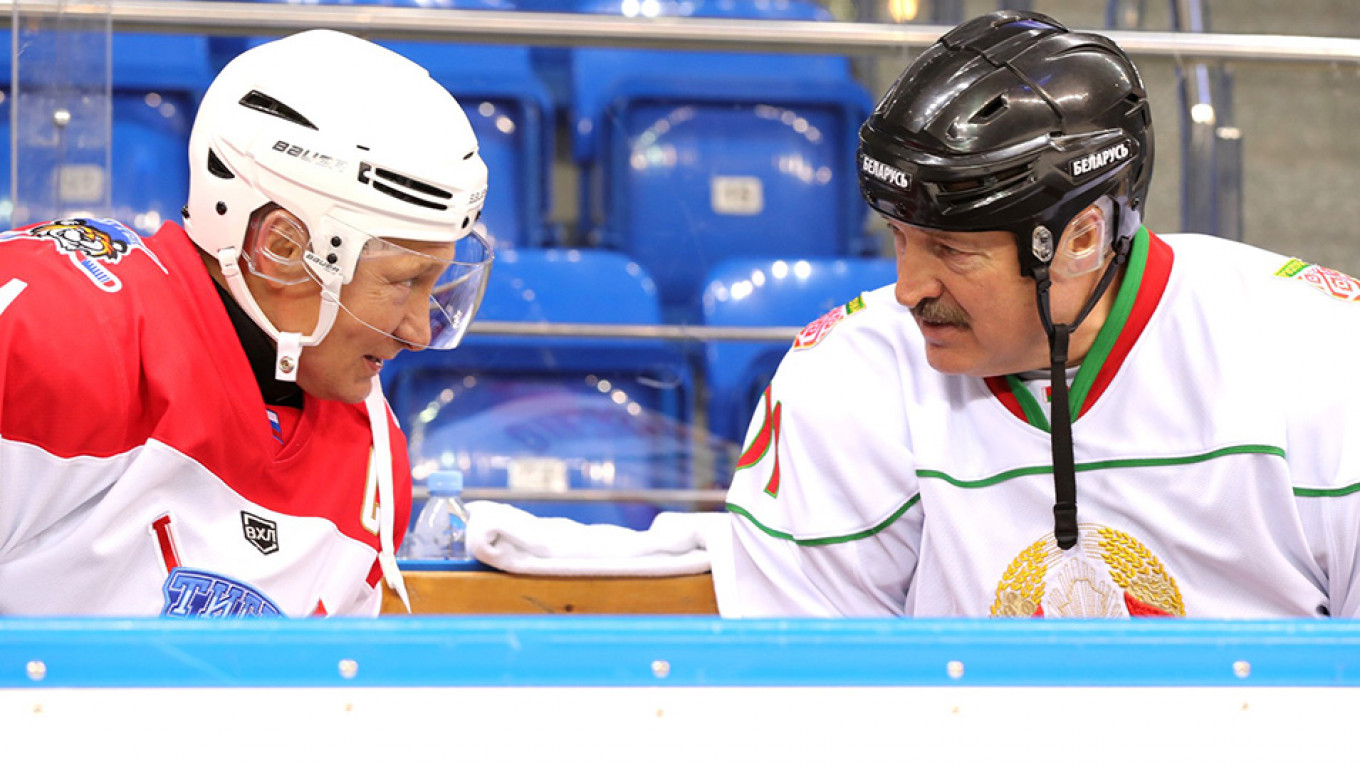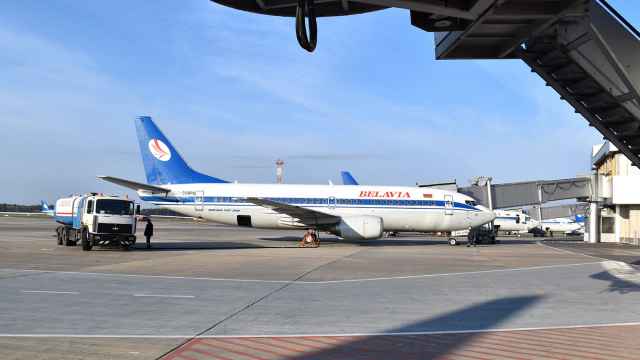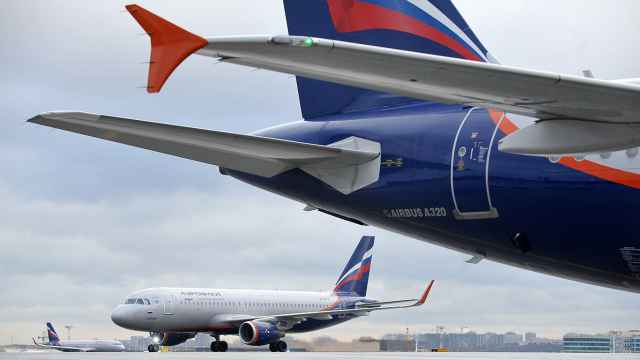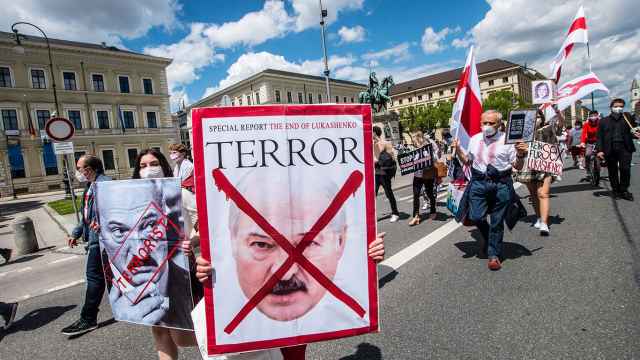The ever more frequent meetings between Vladimir Putin and Alexander Lukashenko over the course of 2018 did not erase ongoing and underlying bilateral disparities between Minsk and Moscow.
And their February meeting in Sochi this year didn't achieve that either. However, the Russia-Belarus Sochi talks did at least offer fresh hints at where relations are heading.
The key signal made during the meeting of the two presidents on 13–15 February was a statement from Lukashenko. It concerned the sovereignty of Belarus in the context of “deeper integration” with Russia. According to the Belarusian leader, sovereignty (understood as supremacy over one’s own territory) is “a holy icon” and “a sacred thing” Independence, he distinguished, is “a relative concept,” since no country in the world is fully independent.
Lukashenko said the possibilities of further integration with Russia depended on the will of the peoples of the two countries. In his opinion, the leaders of Belarus and Russia are ready for unification while the people are not yet prepared. When the Belarusian and the Russian people are ready, the presidents will fulfil their will to unite.
These bold statements may sound radical to an unprepared listener. Yet, any observer familiar with Lukashenko’s communication style understands that the words about “readiness to unite” are a traditional formula for the Belarusian leader. The formula allows him to position himself as an active supporter of the idea to strengthen the Belarusian-Russian union. At the same time, he can remain at a safe distance from any practical obligations.
This time, the Belarusian leader seemed to be a more active supporter of “deeper integration” than Vladimir Putin himself. However, he presented the issue of “unification” as dependent on “the will of the people”. The latter could be expressed at a referendum. But Lukashenko knows the Russian authorities will not organize any referendum right now, given the declining confidence felt by the Russian people in their government. Many Russians still view Belarus as a recipient of Russia’s subsidies.
So if there is anything new in Lukashenko’s words, it is his changed view on the value of sovereignty. Belarusian commentators recalled his statements made in 2003, 2009 and even 2013. On those occasions he said that sovereignty was not sacred, and some sovereignty can be sacrificed for the sake of a better life for his people. However, his February 2019 words about the sanctity of sovereignty in the context of “a holy icon” show a change of mood.
Of course, the traditional formula used by Lukashenko would not have attracted much interest. Except it came after high-ranking Russian officials spoke about the Kremlin’s loss of confidence in Belarus at the end of last year.
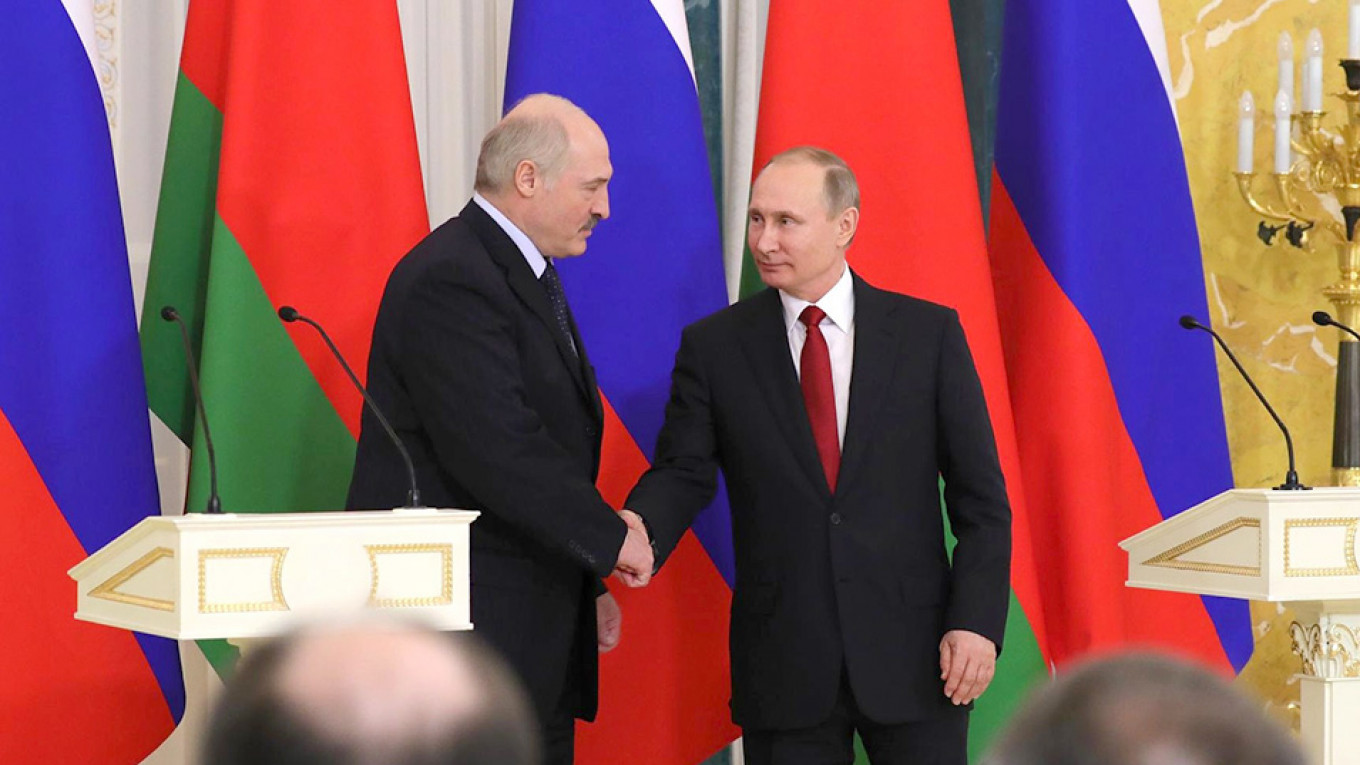
In December 2018, the discussion focused on developing common policies in areas of taxation, excise duties, industry, economy, and monetary policy, on a possible introduction of a single currency, and the creation of supranational bodies (e.g. a court, a parliament etc.) under the documents on the Union State.
Later on, Foreign Minister Sergei Lavrov admitted that, given the enormous differences between the two countries in the conditions and models of development, the establishment of supranational bodies is out of the question. However, the Secretary of State of the Union State Grigory Rapota as well as the Russian Ambassador to Belarus Mikhail Babich later reiterated that the issue was both to develop common policies and to establish supranational bodies.
Notably, the “deeper integration” joint working group established following the presidents’ December decisions, has been working separately.
Russian and Belarusian group members are independently creating recommendations for the development of the Union State. Without involving the State Secretariat of the Union State. Only once the positions of the parties have been articulated, can the first joint meeting of the joint working group be held.
Most illustrative of the “deeper integration” project is the position adopted by the Ambassador of Belarus to Russia Vladimir Semashko. He supervised the fuel and energy sector and industry in general in the Belarusian government for many years.
And he drew attention to the fact that, given the huge difference in the structure of the economies of Belarus and Russia, it would be possible to come up with specific solutions for the unification of taxes, customs and other policies after at least 1.5–2 years of intense joint work.
Presidential and parliamentary elections are to be held in Belarus in exactly in 1.5 or 2 years. The government may achieve a new loan agreement with the International Monetary Fund by then. So any specific decisions on “deeper integration” might not be adopted at all.
In this sense, in terms of mutual relations in the energy sector, the Sochi meeting held in February 2019 only fossilized the new status quo.
Within its framework, Belarus does not receive any compensation for losses suffered due to Russia’s tax manoeuvre. It remains without access to supplies of Russian dark oil products.
But it does not make political concessions to the Kremlin when it comes to “deeper integration”. This state of affairs is quite in line with the national interests of Belarus, where structural reforms have long been necessary.
It also tallies with the interests of the Belarusian political class. Any renunciation of sovereignty in favour of the Kremlin means a rapid loss of power for them. That is a higher downside compared to any oil and gas benefits. So the situation in this particular area is being “frozen” until at least the end of 2019.
A version of this column was originally published by Riddle.
A Message from The Moscow Times:
Dear readers,
We are facing unprecedented challenges. Russia's Prosecutor General's Office has designated The Moscow Times as an "undesirable" organization, criminalizing our work and putting our staff at risk of prosecution. This follows our earlier unjust labeling as a "foreign agent."
These actions are direct attempts to silence independent journalism in Russia. The authorities claim our work "discredits the decisions of the Russian leadership." We see things differently: we strive to provide accurate, unbiased reporting on Russia.
We, the journalists of The Moscow Times, refuse to be silenced. But to continue our work, we need your help.
Your support, no matter how small, makes a world of difference. If you can, please support us monthly starting from just $2. It's quick to set up, and every contribution makes a significant impact.
By supporting The Moscow Times, you're defending open, independent journalism in the face of repression. Thank you for standing with us.
Remind me later.



